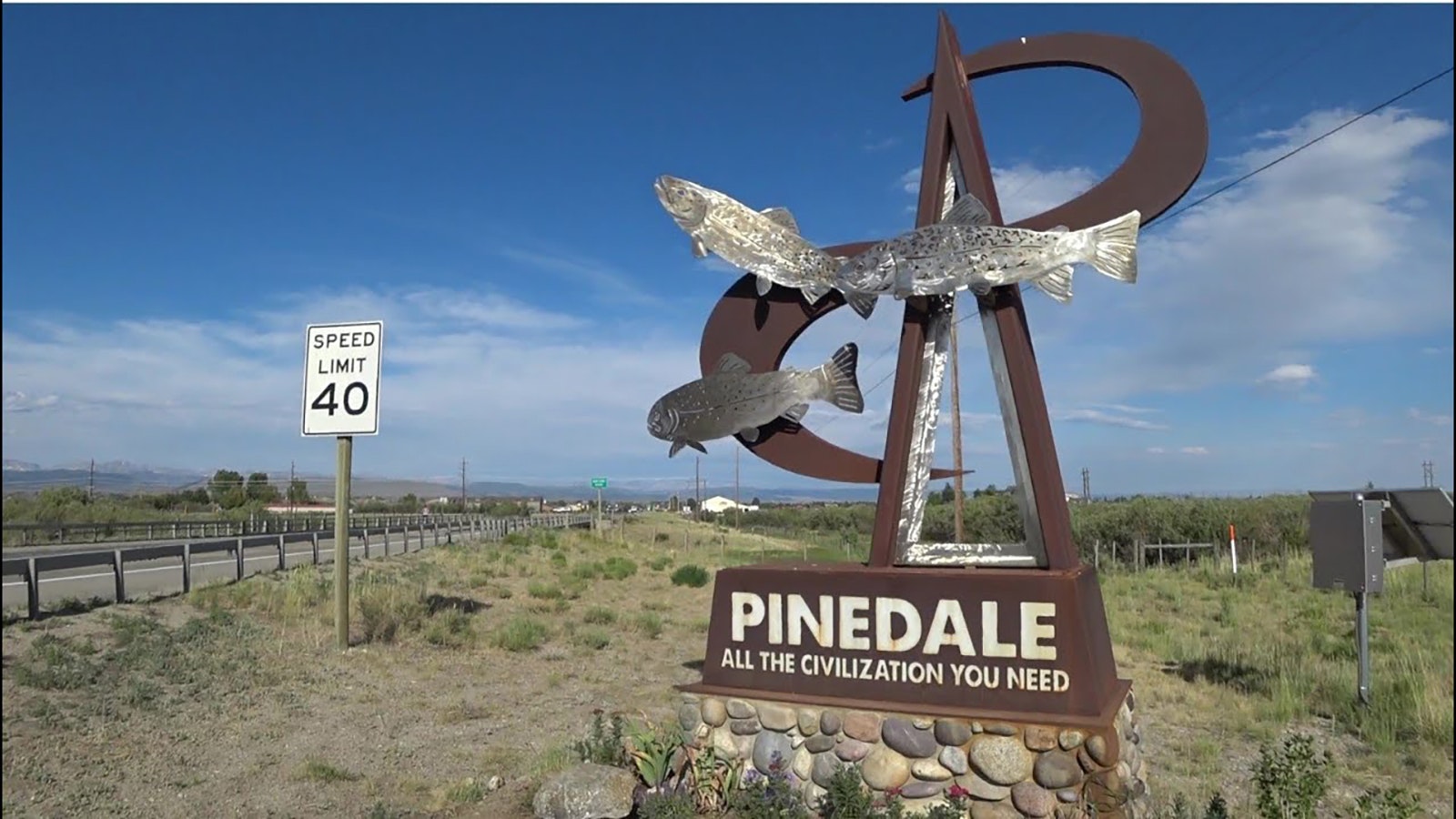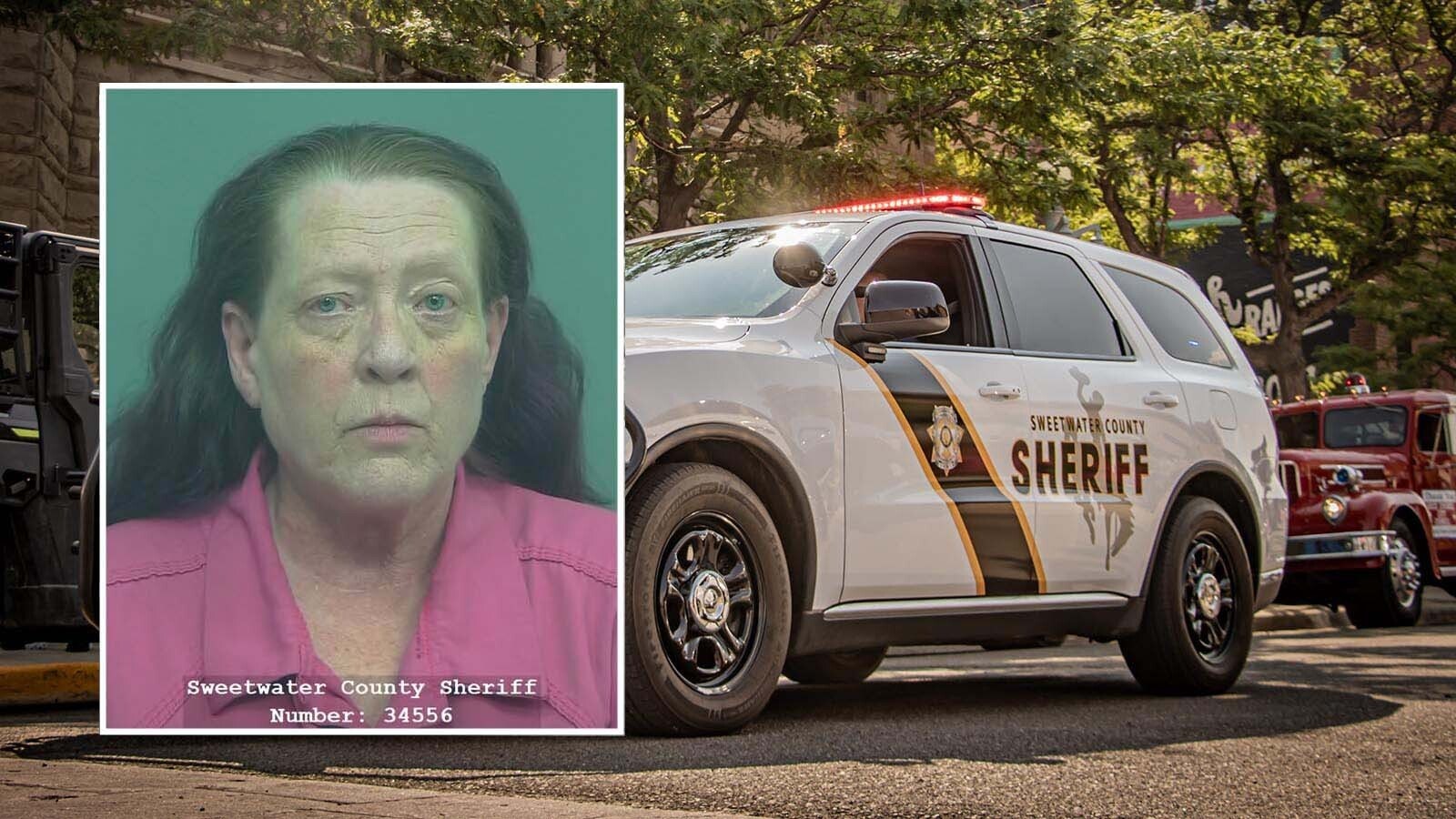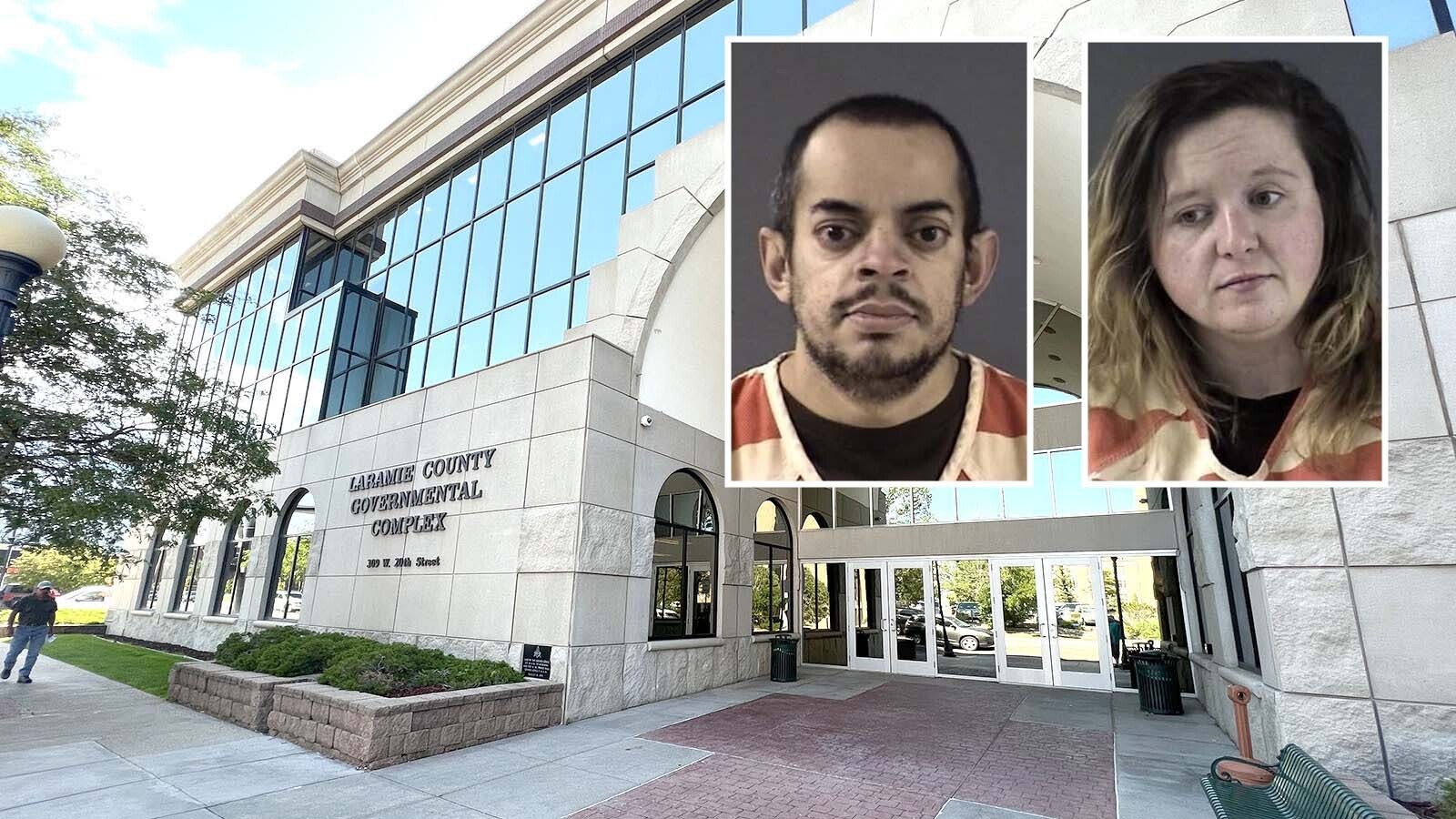Wyoming District Court Judge Melissa Owens said Tuesday she would decide by Wednesday at noon whether she’d prolong her block on the state’s abortion ban.
The judge said she needed more time to research the legal issues surrounding her order and contemplate whether the law is constitutional.
A group of pro-abortion plaintiffs argued in a hearing Tuesday in Teton County District Court that there are rights associated with abortion that should be seen as fundamental under the Wyoming Constitution.
The suit’s defendants, namely, authorities in the state of Wyoming, argued the exact opposite: that the Wyoming Legislature has the right to regulate abortion because it is not a fundamental right under the state’s constitution. In late June, the U.S. Supreme Court declared that abortion is not a right under the U.S. Constitution.
The temporary restraining order Owens issued against the law late last month expires Wednesday at noon, the exact time by which she said she’d release her announcement – of whether the law will be blocked throughout the case against it.
‘Woman’s Uterus Is Her Property’
John Robinson, who is representing plaintiffs in the case, argued Tuesday morning that Wyoming’s criminal abortion ban violates inherent rights such as the rights to privacy and property. As such, Robinson said, the state would have to demonstrate that it has a “compelling need” for its law and has narrowly tailored the law to fit that need.
“There’s been nothing submitted by the state to show a compelling need,” said Robinson. “A woman’s uterus is her property, and the state doesn’t say it’s not.”
Jay Jerde, the attorney for the state of Wyoming, argued against Robinson’s claim that abortion is associated with fundamental rights.
“They’re talking about these allegedly fundamental rights that exist, and what they’re really saying is the right to abortion is fundamental, and it is not,” said Jerde.
Right To Life
One argument often present in laymen’s abortion debates that was not used in court Tuesday was whether fetuses have a right to life.
Marci Bramlet, an attorney for the plaintiffs, theorized that Jerde did not argue for the value of fetal life or fetal personhood because of the rape and incest exceptions built into Wyoming’s law against abortion.
The law would make performing an abortion a felony except in cases of severe death or health risks, or rape or incest.
Bramlet said the exceptions make it impossible to argue for a fetal right to life because the law treats some fetuses as more worthy of survival than others.
“Is the (state’s) interest so compelling that it only extends to children conceived under certain circumstances and the rest are – what? – not worthy of such protection?” asked Bramlet, rhetorically.
Similar arguments were posed by pro-life legislators when the rape and incest exceptions were added to the abortion ban by State Sen. Cale Case, R-Lander in late February.
Those exceptions, said Bramlet, make it illogical for the state to argue for a universal, intrinsic value of fetal life.
“Doesn’t that statement (of exception) completely undermine the compelling interest in a Wyoming citizen’s, presumably, this fetal right to be free from abortive measures?” she asked.
‘Undermined The Support’
In a Tuesday interview with Cowboy State Daily, Case said he had considered that the rape and incest exceptions he added to the law might undermine the law’s logical basis.
“I could see where (the exceptions) undermined the support for the whole thing in terms of the logic of it,” Case said.
But more than that, he saw it as a preservation of women’s “liberty,” he said.
“I approach this from a liberty (angle),” said Case. “And I can’t even imagine the consequences of… seizing control over women’s bodies, which is the way I view this (ban).”
Case said his goal was to get his fellow legislators to think about “the most abhorrent case” in which someone would be required to carry a child from rape or incest, then he could introduce the exceptions and weaken the law altogether.
He also noted that there were pro-abortion lobbyists who were upset by his introduction of the exceptions. Case said they thought his amendments would make Gov. Mark Gordon less likely to veto the abortion ban.
Case did not identify those activists.
‘Healthcare’
Jerde specifically addressed Wyoming Constitution Article I, Section 38, which promises Wyomingites the right to make their own healthcare decisions. He said the section naturally applies only to legal healthcare options.
“Patients have the right to make their own decisions about what healthcare they’re going to pay for, but if a particular service isn’t legally available, Section 38 doesn’t give them the right to say ‘No, no. I want that even though it’s illegal,’” said Jerde.
He also pointed to subsection C under the constitutional amendment, which says that the Legislature may regulate Wyomingites’ healthcare access.
Severability
Owens in July objected to the vagueness of the exceptions, particularly the law’s exception for life-threatening situations. The judge blocked the abortion ban temporarily at that time because, she said, there was no guidance in the law on how a doctor should proceed if he or she hopes to make a judgment call to perform an abortion in a life-threatening pregnancy situation.
Jerde during his own argument noted that Owens doesn’t have to block the abortion ban altogether: she can choose merely to block the parts she finds too vague, that is, the exceptions.
Such an option, which Jerde called “severability” would leave the law with a full ban on all abortions.
He said that is an acceptable option for the state if the court would consider it.
More Than Nine Months
Owens responded, saying the exceptions “are giving me more trouble than anything,” presumably due to their vagueness on how to handle different critical situations.
She also said different jurisdictions would inevitably handle the law differently given its vagueness.
“Will all the county and town and city attorneys around the state handle the situation the same in the event of incest and rape? Will they require a police report? Will they require someone actually (be) charged? Someone actually convicted?” asked Owens. “As lawyers we know an actual conviction usually runs longer than a pregnancy.”
Jerde said individuals in those varying situations could seek their own remedies through the courts systems, and he noted that variations among prosecutors in different jurisdictions are, to his understanding, common throughout criminal law.





